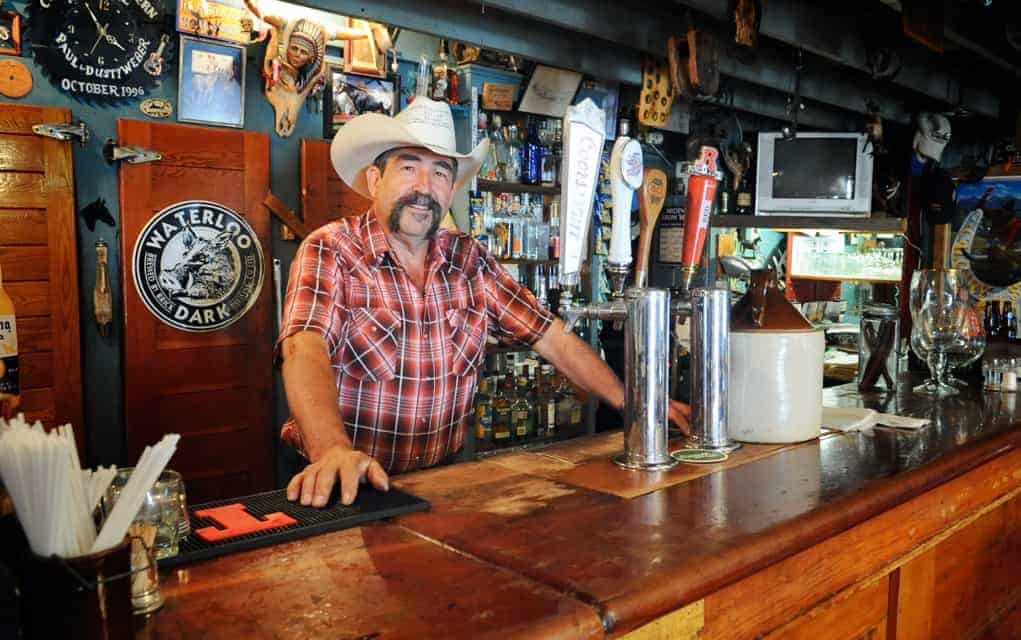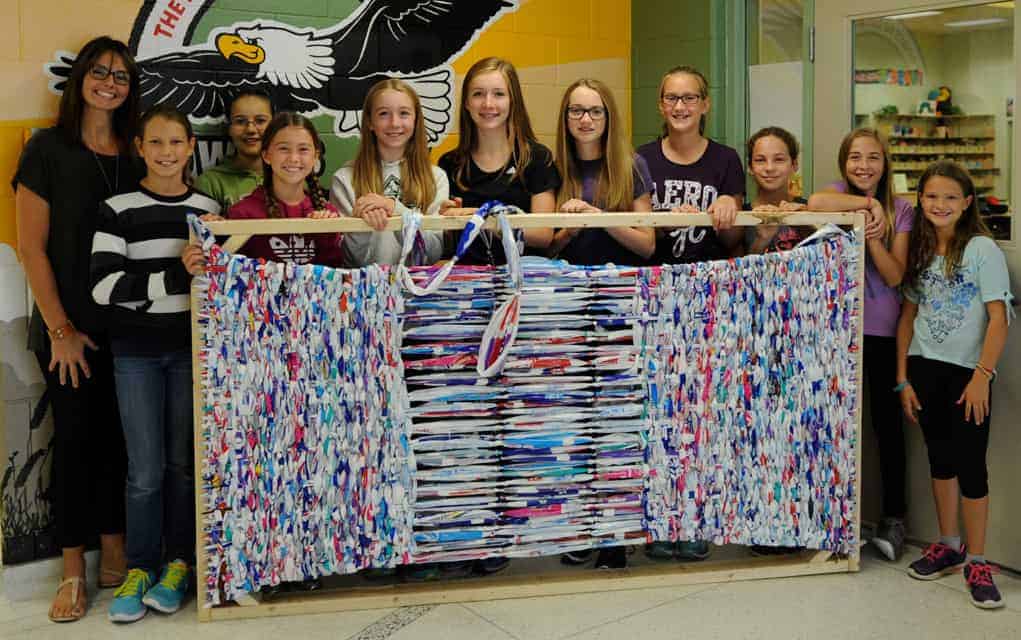;
;
;

Visit Wellesley Public School at recess or lunchtime and you’ll likely find students cutting, looping and weaving milk bags. The WE Team, affiliated with Free the Children, spent the previous school year collecting 5,000 milk bags. Now, they’re turning them into 10 mats for people in other countries
Last updated on May 04, 23
Posted on Oct 06, 16
4 min read
